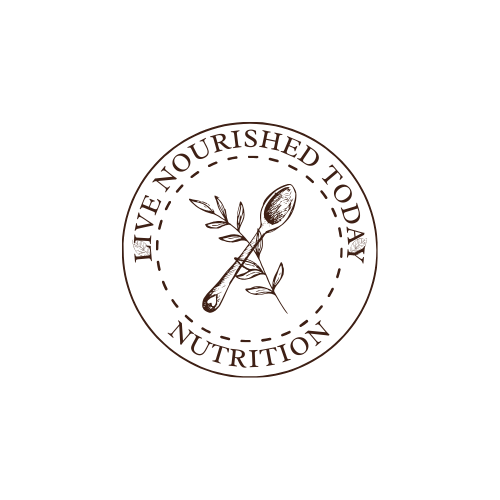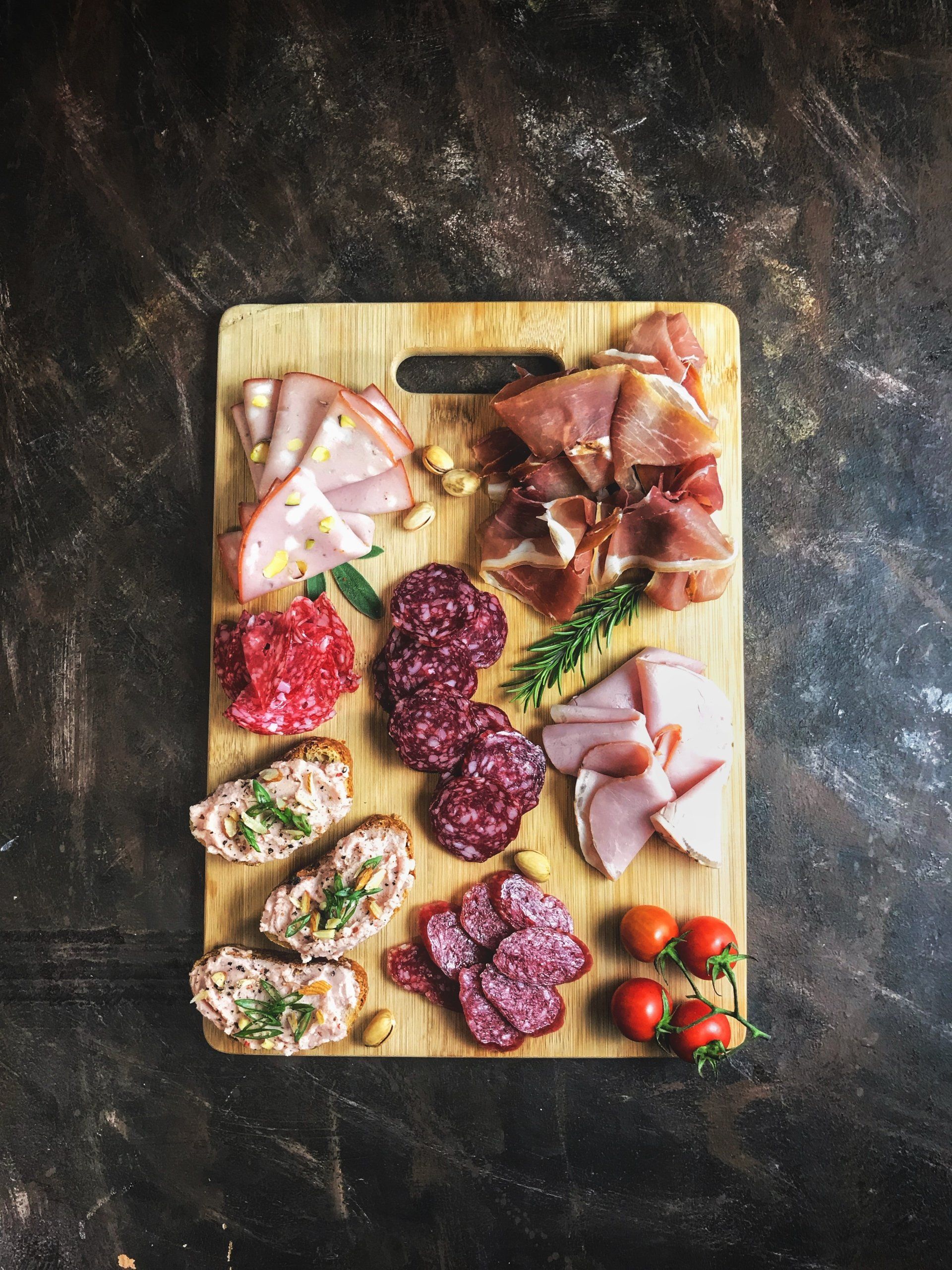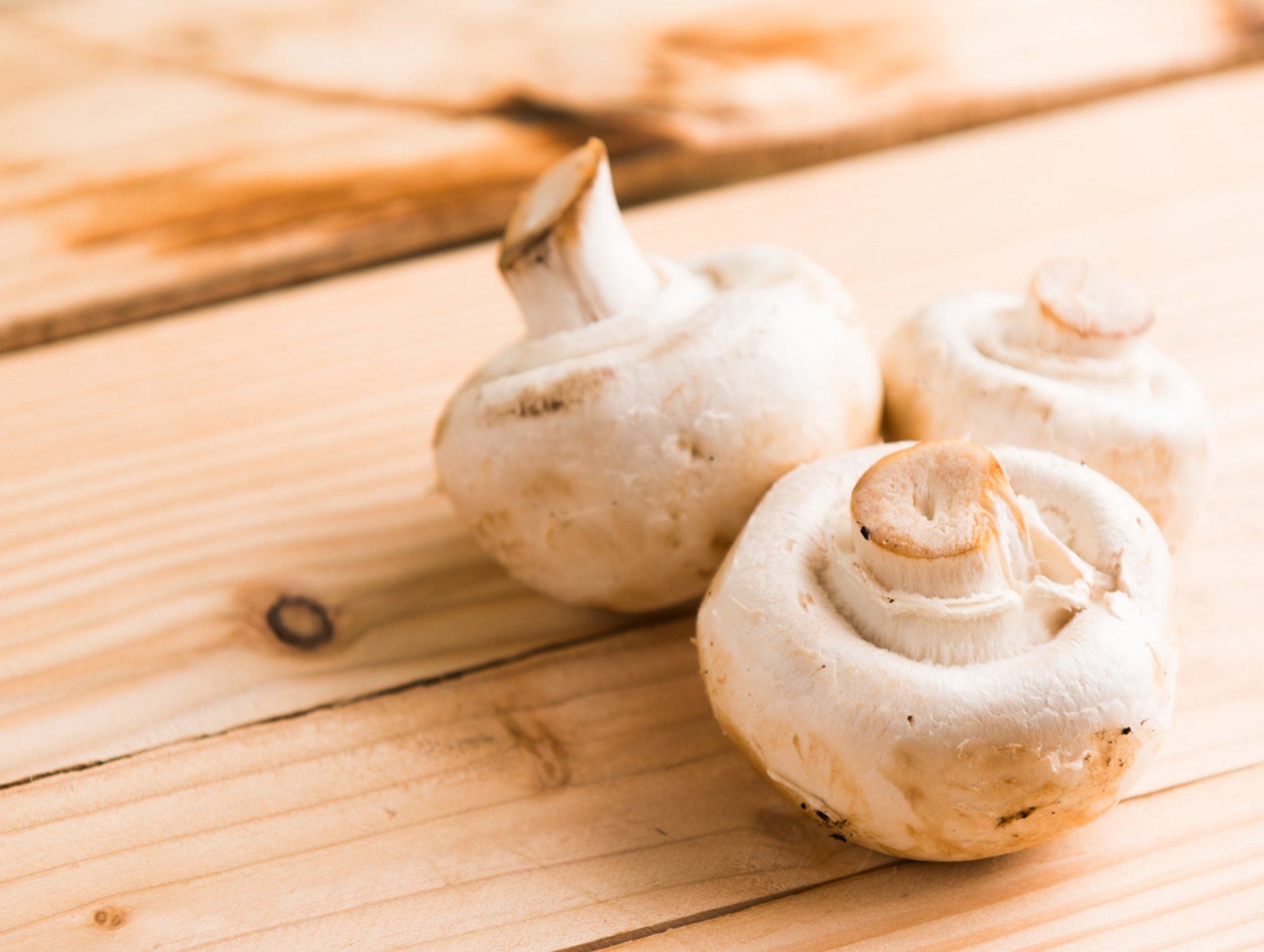Live Nourished Today, LLC
Should we eat Organic produce at all times?
Each year, the Environmental Working Group comes out with its “Dirty Dozen” list for each year. The dirty dozen list includes fruits and vegetables that are most contaminated with pesticides. Keep reading to find out more about pesticides, how to properly wash your produce and what foods you should keep in mind whether determining if you should opt for organic or not!
What is organic food?
Organic produce is considered “organic” if it’s been certified to have grown on soil that had no prohibited substances, which include pesticides, and synthetic fertilizers, applied for 3 years prior to harvest. Furthermore, products labeled organic must contain at least 95% of organically produced ingredients. However, labeling produce as organic can be hard, especially for smaller farmers or local farmers because the organic certification process requires extra time and extra resources that many farmers don’t have.
Is organic food better?
Eating organic is not always realistic. It costs more money, and organic fruits and veggies are not always available in supermarkets. It is more beneficial if you opted for non-organic produce, rather than avoiding produce in general, just because they aren’t organic. Even though they aren’t organic, they are still loaded with vitamins, minerals, fiber, and all the nutrients we need to stay nourished. On the other hand, there are foods that contain high levels of pesticides, which is how we can determine which produce we should consider buying organic, and what foods to not bother. If you want learn how to minimize the amount of pesticides on your produce, keep reading to find out how.
What foods should we look out for?
Based on the 2024 dirty dozen, you should look out for strawberries, spinach, kale, collard and mustard greens, grapes, peaches, pears, nectarines, apples, bell and hot peppers, cherries, blueberries, and green beans, because they’ve been found to be the most contaminated with pesticides. But remember, if you can’t find or afford organic, its still great to eat these foods!
On the other hand, theres also a list of produce has been found with the lowest amount of pesticides on them which include: Avocados, sweet corn, pineapple, onions, papaya, sweet peas, asparagus, honeydew melon, kiwi, cabbage, watermelon, mushrooms, mangoes, sweet potatoes, carrots. This means that you don’t always need to buy everything organic, if you are concerned about the pesticides then focus only on the foods found on the dirty dozen to purchase organic!
How can we wash our produce if we can’t buy organic?
Before washing your produce, its important to have clean hands so go ahead and wash them with soap and warm water beforehand. There are many ways to get pesticides off, but soaking and rinsing can be very effective. It’s as simple as soaking your produce in warm water to remove the pesticide residues. Rinsing your produce in warm water for at least a minute can also help. Not only do these techniques remove pesticides, they help remove dirt, and the bugs that may find themselves in your produce!
What will happen if I don’t remove all of the pesticide residues?
Even the non-organic produce have pesticide residues on them that are at or below safe levels for you to consume and enjoy, but it’s always extra beneficial to wash your produce beforehand!



